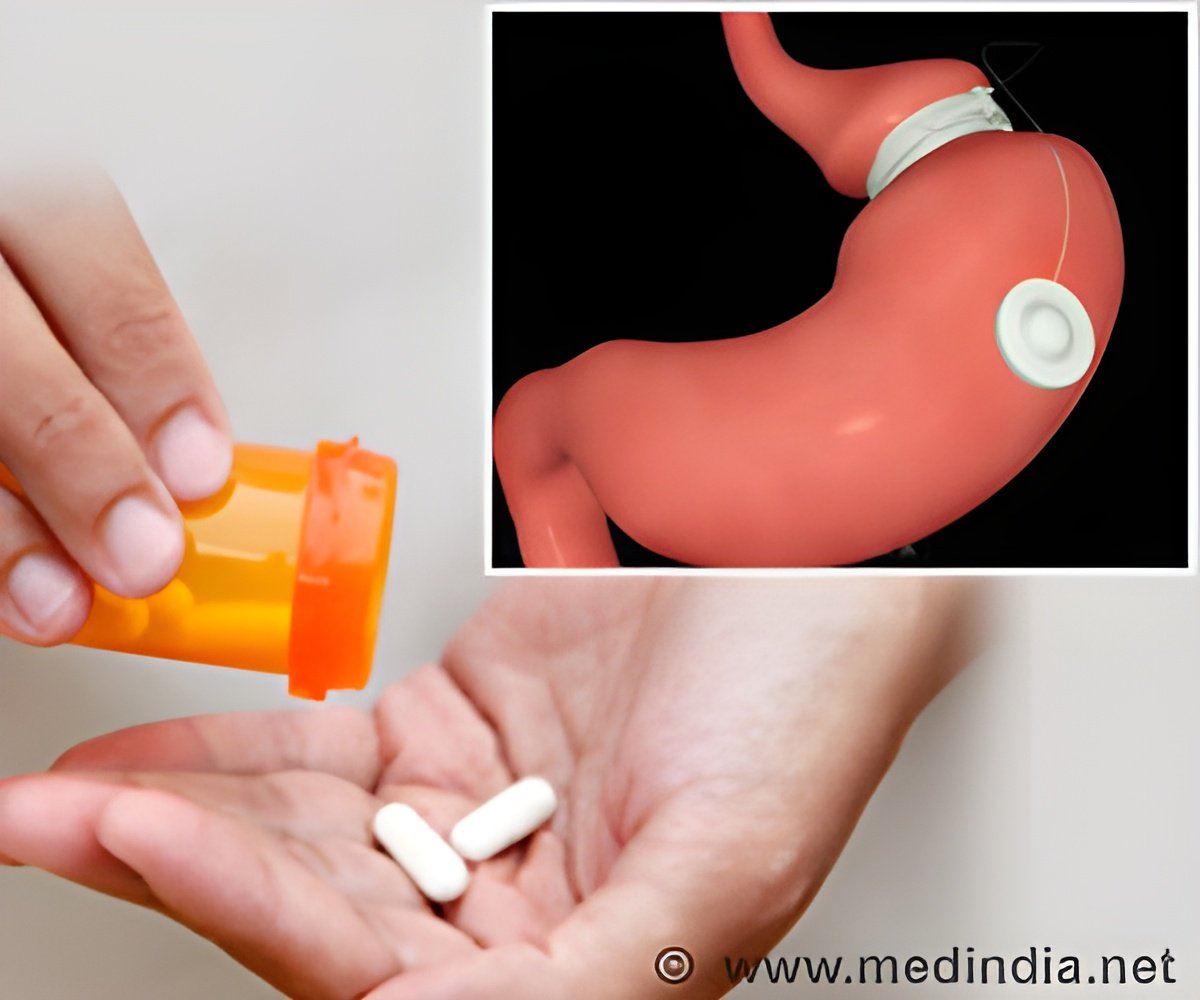
- Bariatric surgery reduces the risk of kidney disease progression by 60% in individuals with obesity and chronic kidney disease
- GLP-1 diabetes medications aid in weight loss but don’t offer the same metabolic benefits as weight-loss surgery for kidney health
- Surgery-induced metabolic changes improve long-term kidney protection by controlling diabetes and other risk factors
The kidneys are filtering waste and toxins from your blood all day long. Now, imagine that these vital organs are being overloaded due to obesity and type 2 diabetes. Chronic kidney disease (CKD) is a common consequence, putting these essential filters at risk. But what if there was a way to reduce that stress dramatically?
Enter bariatric surgery, the weight-loss procedure that does much more than just shrink your waistline. According to a recent study from the Cleveland Clinic, it turns out that for people with both obesity and CKD, bariatric surgery is much more effective at slowing kidney disease progression than even some diabetes medications (1). This could be a game-changer in the fight against kidney disease.
Advertisement
Obesity, Diabetes, and Kidney Damage: A Deadly Trio
Before we dive into how bariatric surgery works its magic, let’s look at the root of the problem. Obesity puts stress on all your organs, and your kidneys are no exception. When you add type 2 diabetes into the mix, which is common in obese individuals, you create a perfect storm for kidney damage.
Diabetes can damage the blood vessels in your kidneys, reducing their ability to filter waste. Over time, this can lead to chronic kidney disease (CKD), which in turn increases the risk of kidney failure, dialysis, or even death. Scary, right?
Advertisement
Bariatric Surgery: Hitting the Reset Button on Metabolism
So, how can weight-loss surgery help? It’s not just about reducing the size of your stomach. When you undergo bariatric surgery, such as a gastric sleeve, surgeons remove about 80% of your stomach. This not only limits the amount of food you can eat but also causes significant metabolic changes. These changes can lower your appetite, control blood sugar levels, and protect your kidneys in the long run.
Dr. Mir Ali, a board-certified bariatric surgeon, explains that part of the stomach that’s removed produces a hormone called ghrelin, which is responsible for making you feel hungry. “When you diet, your ghrelin levels rise, making it harder to stick to your plan,” he says. “But after surgery, your ghrelin levels drop dramatically, and people feel less hungry.”
This reduction in hunger leads to weight loss, which in turn reduces the strain on your kidneys. But the real magic happens in how surgery changes your hormonal balance, leading to better control over diabetes, which is a major risk factor for kidney disease.
Advertisement
Bariatric Surgery vs. Diabetes Medications- What’s Better for Kidney Health?
In the Cleveland Clinic study, 425 individuals with obesity and CKD were divided into two groups: those who had bariatric surgery and those who took GLP-1 diabetes medications. GLP-1 medications, such as semaglutide, are designed to help manage blood sugar levels and aid in weight loss. They work well, but the study found that surgery had a more profound impact on kidney health.
According to the study, people who had bariatric surgery were 60% less likely to experience kidney impairment progression than those on GLP-1 drugs. They were also 44% less likely to face kidney failure or death. While GLP-1 medications do help manage diabetes and weight, they don’t trigger the same metabolic changes as weight-loss surgery.
Dr. Raj Dasgupta, chief medical advisor for Fortune Recommends Health, points out that while surgery isn’t always the first choice for treating obesity and CKD, it’s becoming more common, especially in severe cases. “Bariatric surgery offers benefits that GLP-1 medications can’t match, especially when it comes to protecting kidney function,” he explains.
Long-Term Success: Weight Loss Surgery vs. Diabetes Medications
Another big question is: How well does surgery hold up in the long term? The study revealed that weight loss from bariatric surgery tends to be more durable than any medication available today. In fact, long-term success is defined as keeping at least half of the excess weight off for five years. According to Dr. Ali, surgery achieves this in 80% of cases, while diet and exercise alone only succeed 2-5% of the time.
What about the long-term effects of GLP-1 medications? While they do help manage weight, the study suggests that surgery still provides a more durable solution for reducing the risk of CKD progression.
Can Weight Loss Surgery Replace Medications?
Does this mean that everyone with obesity and kidney disease should rush to the operating room? Not necessarily. Dr. Dasgupta emphasizes that both bariatric surgery and GLP-1 medications have their place in treating obesity and CKD. For people with less severe obesity, medications might be a better fit, as they still offer benefits for kidney health without the need for surgery.
However, for those with severe obesity and related conditions like diabetes, surgery is becoming an increasingly attractive option. Plus, the metabolic changes induced by surgery protect not just your kidneys but your overall health by controlling diabetes more effectively.
A New Hope for Kidney Health
The results of the Cleveland Clinic study are promising, showing that bariatric surgery could be a powerful tool in protecting kidney health for individuals with obesity and CKD. While GLP-1 medications still have a role to play, especially for those who can’t or don’t want surgery, the evidence is clear: surgery offers profound, long-lasting benefits that could help stave off kidney disease progression and improve overall health outcomes.
If you or someone you know is battling obesity, diabetes, and kidney disease, it’s worth talking to your doctor about all the treatment options available, including bariatric surgery. This life-changing procedure might just be the key to saving your kidneys- and your life.
With the stakes this high, the future of kidney health could lie not just in a pill, but in the operating room.
References:
- Renoprotective Effects of Metabolic Surgery Versus GLP1 Receptor Agonists on Progression of Kidney Impairment in Patients with Established Kidney Disease
(Aminian, Ali MD*; Gasoyan, Hamlet PhD†; Zajichek, Alexander MS‡; Alavi, Mohammad Hesam MD, MPH*; Casacchia, Nicholas J. PharmD, MSc†; Wilson, Rickesha MD*; Feng, Xiaoxi MD*; Corcelles, Ricard MD*; Brethauer, Stacy A. MD, MBA§; Schauer, Philip R. MD∥; Kroh, Matthew MD*; Rosenthal, Raul J. MD¶; Taliercio, Jonathan J. DO#; Poggio, Emilio D. MD#; Nissen, Steven E. MD**; Rothberg, Michael B. MD, MPH†. Renoprotective Effects of Metabolic Surgery Versus GLP1 Receptor Agonists on Progression of Kidney Impairment in Patients with Established Kidney Disease. Annals of Surgery 280(3):p 414-423, September 2024. | DOI: 10.1097/SLA.0000000000006379 )
Source-Medindia



